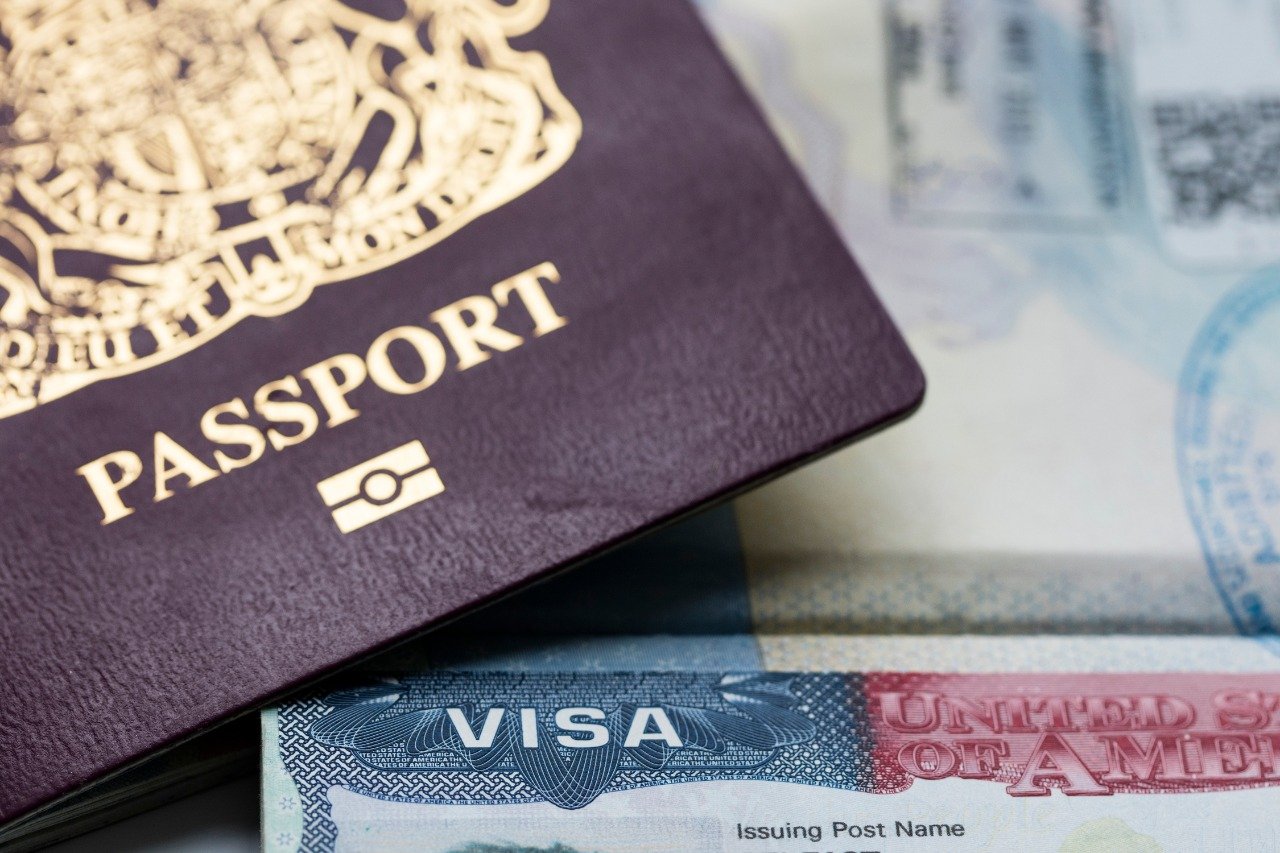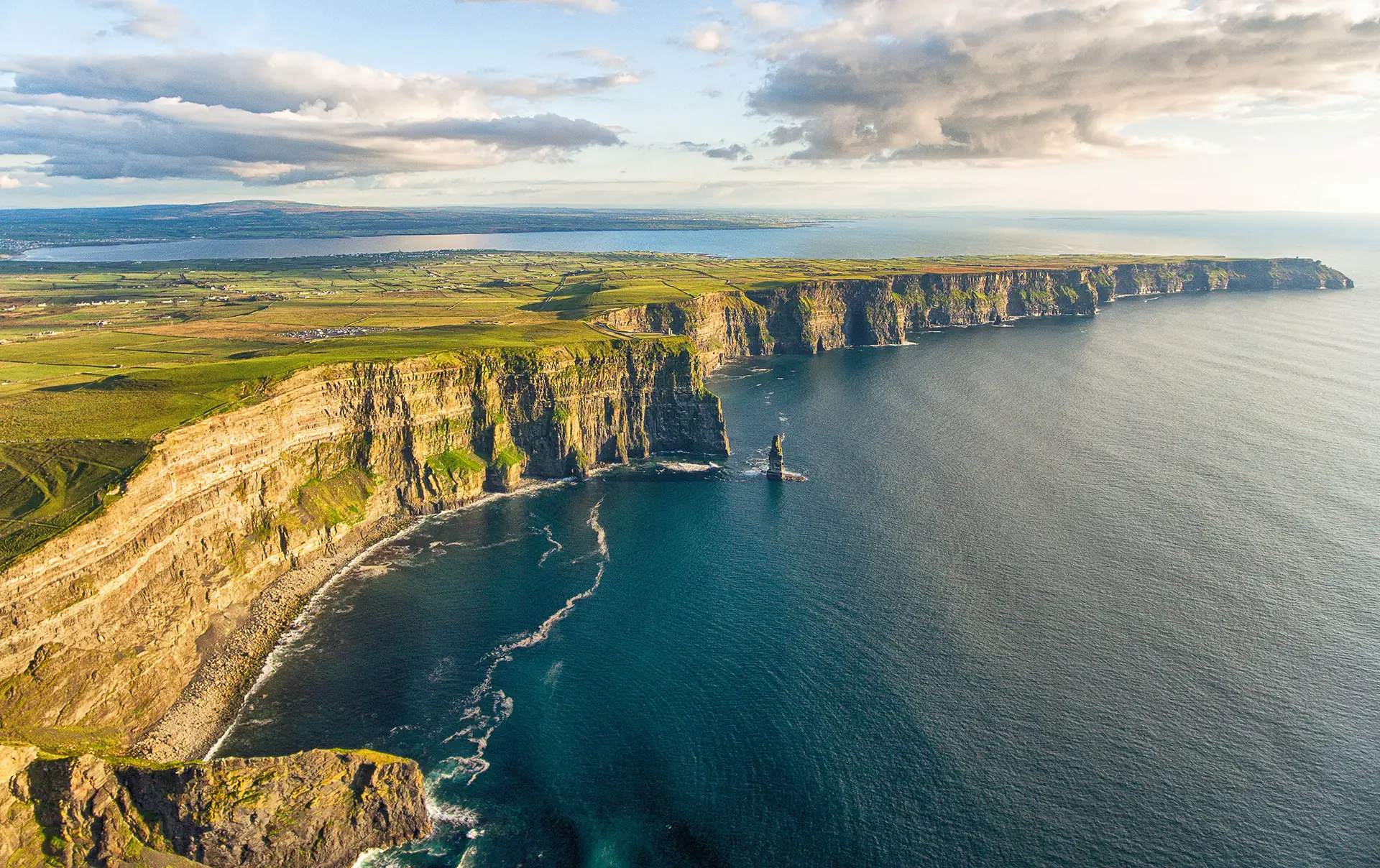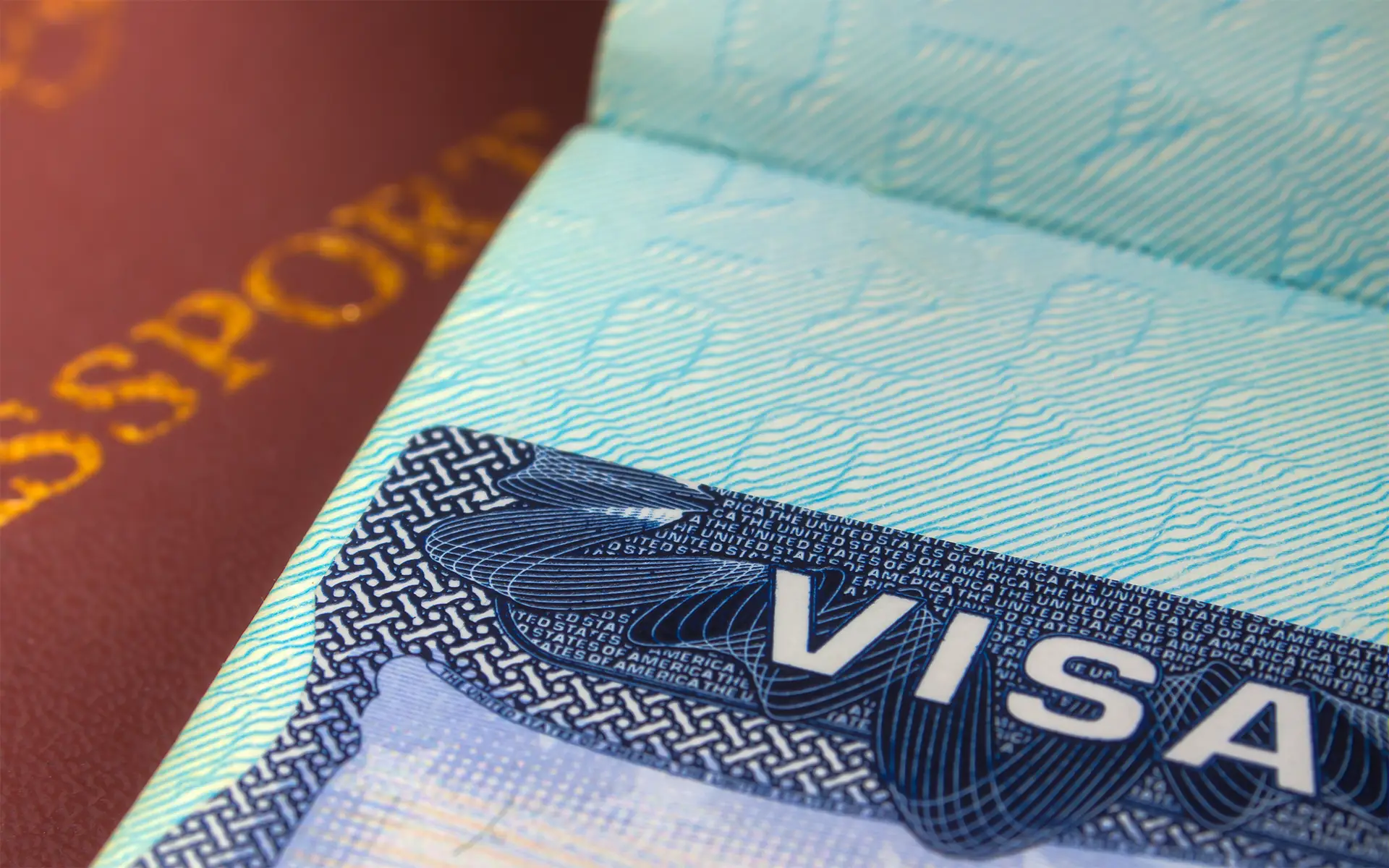
Everything You Need To Know About The Difference Between Passport and Visa
Are you getting ready to travel outside the country soon? Maybe you’re trying to plan a trip for next summer. Traveling outside the country can be an exciting experience filled with new sights, adventures, and education in new cultures. However, before you make too many destination points, you’ll need to obtain the required travel documents. Oftentimes that means a passport and a visa, depending on where you want to go. Since both are necessary for many different countries, it is easy to confuse the two. A passport and a visa are very different documents, however, one certifies your citizenship, and the other grants you permission to enter a foreign country.
Here we go over everything you need to know about the difference between a passport and a visa.
What Is The Difference Between Passport and Visa?
Let’s describe the differences between passport and visa and what you might need to obtain either.
What Is A Passport?
We will start by defining a passport. A passport is typically a document that comes in the form of a small book that allows you to travel to other countries. You cannot travel anywhere outside of the United States, including Canada and Mexico, with an up-to-date US passport. Some countries even want your passport to be valid for at least three months after entering their country and you must have more than six months until it expires. It’s important to make sure that your passport is up to date and won’t expire until well after you enter back into your own country.
Some countries will allow you to travel to Canada or Mexico with a US passport card or even an enhanced driver’s license (EDL) which could help you get in and out of those countries quickly. This is particularly helpful for people who live in one country but work in another.
When applying for your first passport, there are a certain number of documents that you must complete and submit to an authorized passport acceptance facility – like a post office. Typically there is a passport fee and a processing fee. It takes roughly four to eight weeks to receive your passport in the mail. You can get it faster by applying at the nearest Regional Passport Agency and pay an additional fee.
What Is A Visa?
So, in our discussion of the difference between passport and visa, regardless of where you travel outside of the United States, you will definitely need a passport. But some countries need you to obtain a visa as well. Visas are more special documents that allow you to enter certain countries at specific times. Though most countries do not require Americans to have visas in order to enter them, some do require you to purchase a visa or sign up for one once you enter the country.
Only a handful of countries require a visa before traveling there. If you do need a visa in advance, the application process varies by country. Most consulates and embassies nowadays provide detailed information about their visa procedures online. Some require that you mail in your documents and others require it in person. Either way, when your visa is approved, your passport will be returned to you with a stamp or an attached visa document. Make sure you apply well in advance to make sure that you get all of your documents on time. Save yourself some time and energy and make sure you’re contacting the right people and website to make sure you’re getting the documents you need before you travel.
What Countries Require Visas?
As expected, every country has different visa requirements. For example, citizens of the United States are not allowed to travel to Brazil without a visa, but Italian citizens can. Some countries also require that some other citizens pay higher than others to enter their country. Visa laws are constantly changing. Here is a brief list of popular countries that require U.S. citizens to get a visa:
- Australia
- Brazil
- China
- India
- Kenya
- Russia
- Vietnam
Ask Visa Index
Hopefully, we’ve given you a better idea of the difference between a passport and a visa so that you can make better travel plans. Some passports rank higher than others and this rank determines how many countries you have access to when acquiring them. If you have more questions about how your passport works and which countries you can go to, reach out to us at Visa Index. We’d love to discuss the power of the passport and show you how your passport compares to others.




































































































